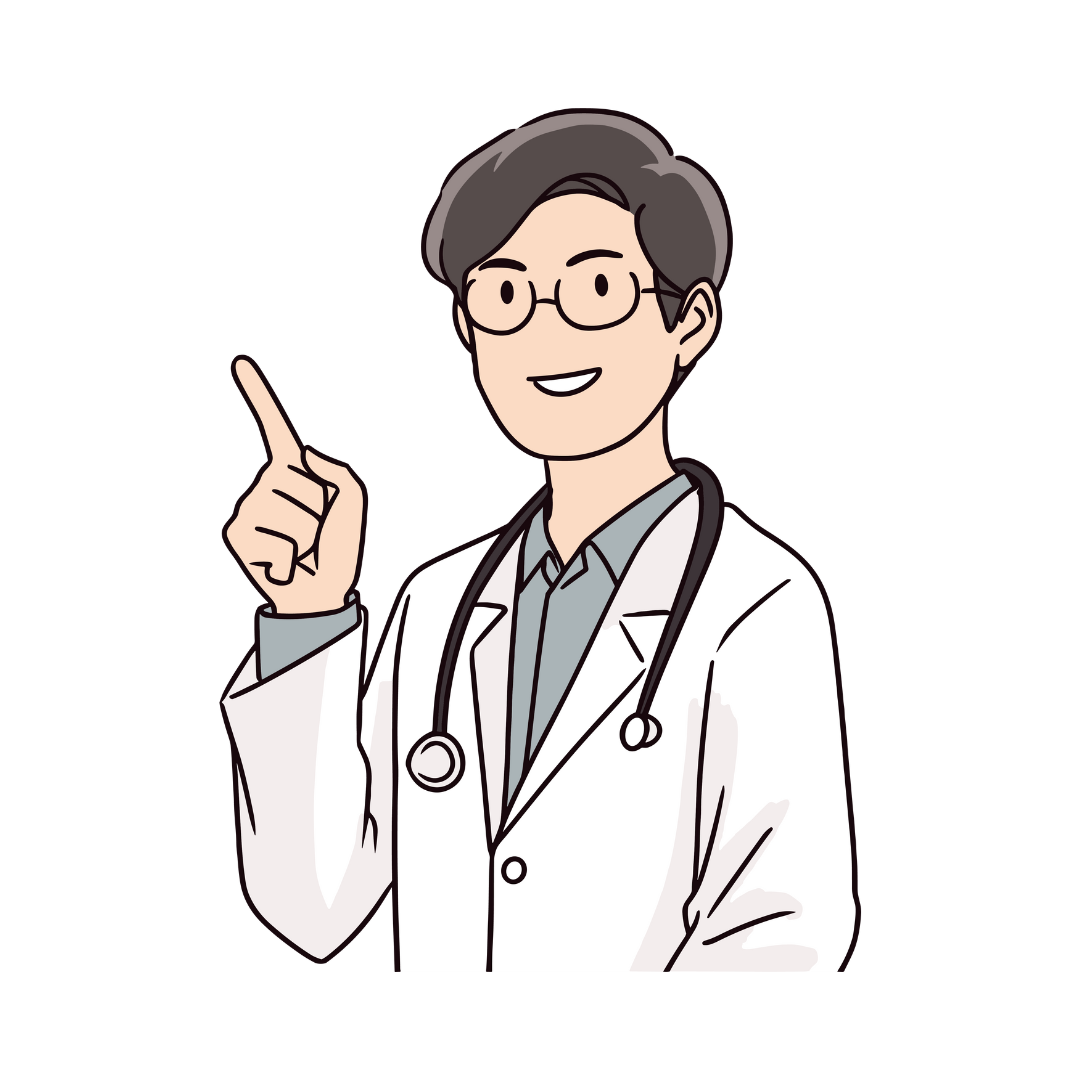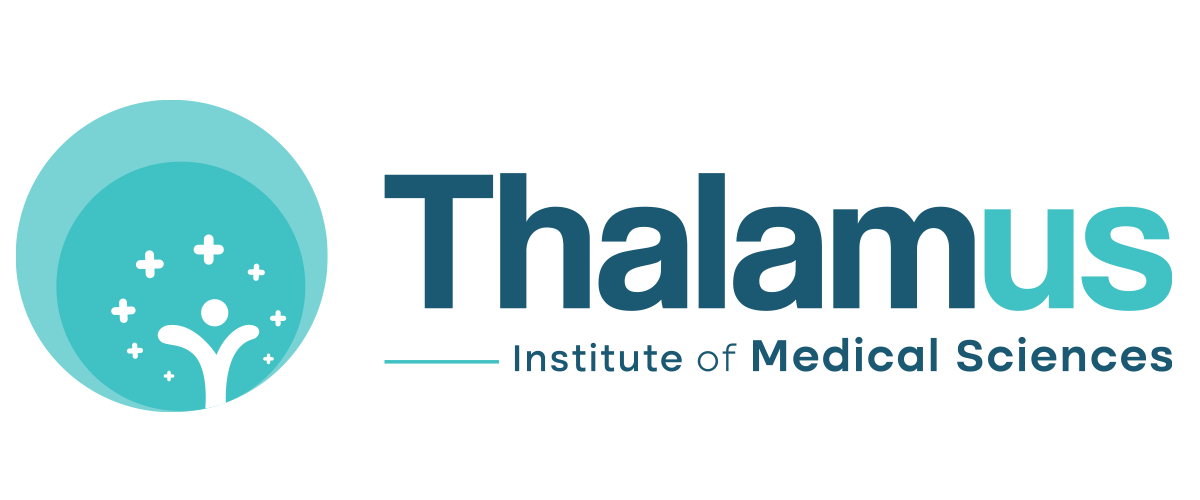blogs & News-> Blogs-> Best Heart Hospital in Siliguri Shares Heart Attack Warning Signs-> Heart Attack vs. Stroke: The Great Confusion What’...

Best Heart Hospital in Siliguri Shares Heart Attack Warning Signs
Category: Blog | Published By: Thalamus Institute of Medical Sciences | Created: 2 months ago
DID YOU KNOW?
Every Day, over 9,000 people around the world die from heart attacks.
That’s one life lost every 10 seconds. It is quite alarming!
But here’s the good news — most heart attacks are preventable and treatable, if caught in time and managed right at the best heart hospital in Siliguri.
Let’s talk heart-to-heart about heart attacks — the myths, the facts, the red flags, and how you can take charge before it’s too late.
WHAT IS A HEART ATTACK?
A heart attack, or myocardial infarction, happens when blood flow to a part of the heart muscle gets blocked — usually by a blood clot. This prevents oxygen from reaching that part of the heart, causing damage or death to the tissue. The longer the blockage lasts, the greater the damage.
HEART ATTACK vs. STROKE: THE GREAT CONFUSION
What’s truly surprising is how often people confuse a heart attack with a stroke. Though both are serious medical emergencies with different origins and different symptoms, they are not the same — yet many tend to treat them as interchangeable.
It’s time to clear the confusion and understand the crucial difference.
- Heart Attack (Myocardial Infarction): This is a problem of the heart. It occurs when the blood flow to a part of the heart muscle is suddenly and completely blocked, usually by a blood clot. This blockage starves the muscle of oxygen, and if not treated quickly, that part of the muscle begins to die. Think of it like a dam breaking and stopping the water supply to a village.
- Stroke: This is a problem of the brain. It happens when the blood supply to part of the brain is interrupted or reduced. This can be due to a blood clot (ischemic stroke) or a burst blood vessel (hemorrhagic stroke). A stroke robs brain cells of oxygen and nutrients, causing them to die. Think of it as a power outage in a critical part of the brain's control center.
While both are cardiovascular emergencies that require immediate medical attention, their symptoms and first-aid protocols are different. Once you can recognise the symptoms of these medical emergencies, you can seek prompt treatment at the best heart hospital in Siliguri.
WHAT CAUSES A HEART ATTACK?
Most people think of a heart attack as a sudden, random event. In reality, it’s often the culmination of years, even decades, of slow, silent damage.
The primary culprit is a condition called atherosclerosis. What is this?
Imagine the inside of your arteries as a clean, clear pipe. Over time, due to poor diet and other risk factors, a waxy substance called plaque begins to build up on the walls, narrowing the pipe. This process is like rust and sediment building up in old plumbing. Eventually, a piece of this plaque can rupture, triggering the formation of a blood clot that acts like a final, devastating blockage.
This isn't a new problem, but the latest statistics, especially from India, are sounding a deafening alarm. Once considered a disease of the elderly, heart attacks are now striking with alarming frequency and ferocity among the young.
Recent data from multiple Indian hospitals has revealed a deeply disturbing trend: an estimated 50% of heart attack cases since 2020 have been in adults under the age of 40. This isn't a fluke; it's a new reality.
The reasons of heart attack are multi-faceted and rooted in our modern lifestyle:
- Genetic Predisposition: Indians, in particular, appear to have a unique genetic makeup that makes them more susceptible to heart disease at an earlier age. Our bodies are more prone to develop high blood pressure, diabetes, and other risk factors.
- The Sedentary Lifestyle: Long working hours, desk jobs, and a lack of physical activity have become the norm. Our bodies are designed to move, not to sit for 12 hours a day.
- The Modern Diet: The shift from traditional, home-cooked meals to processed foods, high-sugar snacks, and unhealthy fats has supercharged the buildup of plaque.
- Chronic Stress: The pressures of a fast-paced life, job insecurity, and a poor work-life balance are creating a constant state of elevated stress hormones, leading to hypertension and other cardiovascular issues.
- Smoking: Tobacco use continues to be a major risk factor, and alarmingly, its prevalence is increasing among young adults, including women.
DID YOU KNOW?
Over 25% of Indians suffer from high blood pressure, and more than 70 million Indians live with diabetes — both major risk factors for heart disease.
WARNING SIGNS YOU SHOULD NEVER IGNORE:
Heart attacks don’t always strike like in the movies — not everyone clutches their chest and collapses. The symptoms are often subtle and easy to dismiss:
Common Symptoms Include:
- Chest pain or discomfort (tightness, pressure, squeezing)
- Pain radiating to left arm, neck, jaw, or back
- Shortness of breath
- Nausea or vomiting
- Cold sweat
- Light-headedness or sudden fatigue
According to the Indian Heart Association, India is witnessing heart attacks at younger ages than ever before. One in four heart attack patients in India is under 40 years old — a shocking statistic that demands attention. So, finding any symptom you must rush to the best heart hospital in Siliguri for quicker treatment and saving lives.
WHAT TO DO IMMEDIATELY WHEN YOU SUSPECT A HEART ATTACK:
Time is precious. Every second counts. If you or someone around you shows symptoms of a heart attack:
✔️ Act FAST:
- Call emergency services immediately.
- Keep the person calm and seated upright.
- Loosen tight clothing.
Do NOT wait to see if symptoms go away, and immediately rush to the best heart hospital in Siliguri. And never drive yourself to the hospital during a suspected attack.
COMMON TREATMENT OPTIONS FOR HEART ATTACK:
After emergency care, several treatment options are used depending on the severity and type of heart attack:
Medical Treatments:
- Thrombolytics – to dissolve clots
- Antiplatelet agents – to prevent new clots
- Beta-blockers – to reduce heart workload
- ACE inhibitors – to lower blood pressure
Surgical/Interventional:
- Angioplasty and Stenting – to open blocked arteries
- Coronary Artery Bypass Grafting (CABG) – a heart bypass surgery
Timely treatment can save heart muscle, reduce long-term damage, and improve survival rates dramatically.
CHOOSING the BEST HEART HOSPITAL in SILIGURI:
Recovering from a heart attack — and even surviving it — depends heavily on the kind of care you receive.
If you or your loved one ever needs cardiac intervention, look for the best heart hospital in Siliguri that offers:
✅ Expertise and Experience
A well-qualified, experienced cardiologist or cardiothoracic expert can make life-saving decisions within seconds. Choose someone with a strong track record in emergency cardiac care.
✅ Advanced Diagnostic Tools
Facilities that offer:
- ECG & ECHO – for assessing heart function
- TMT (Treadmill Tests) – to test exercise-induced symptoms
- Coronary Angiography – to detect artery blockages
Modern tools mean faster, more accurate diagnosis — and better outcomes.
✅ 24x7 Emergency Services
A heart attack doesn’t follow the clock. Choose a centre that provides:
- Round-the-clock emergency response
- Dedicated cardiac ICU
- Immediate intervention teams
✅ Holistic Cardiac Care
From the moment symptoms strike to post-recovery rehab, the journey should be seamless. Look for:
- Diet and lifestyle counseling
- Cardiac rehab programs
- Long-term monitoring and follow-ups
The goal isn’t just survival — it’s thriving after recovery.
KNOW THE ALARMING STATISTICS:
India is often dubbed the heart disease capital of the world. Here's why:
- Cardiovascular diseases cause 1 in 4 deaths in India.
- Nearly 28% of all deaths in India are due to heart diseases.
- According to a 2022 study, men between 30-45 years showed a 25% increase in heart attacks over the last decade.
- Women, too, are not far behind — with changing lifestyles, stress, and late diagnosis contributing to rising numbers.
- Young adults (under 40) now form a growing group of heart attack victims — a trend almost unseen in previous generations.
HOW TO PREVENT HEART ATTACK:
You don’t need to live in fear. You need to live informed and proactive. Here are powerful ways to protect your heart:
- 🥗 Eat clean – focus on fiber, omega-3s, and fewer trans fats
- 🚶♀️ Move daily – 30 minutes of walking works wonders
- 🚭 Quit smoking – today, not tomorrow
- 😌 Manage stress – meditation, music, therapy — whatever works
- 💉 Keep your numbers in check – BP, cholesterol, blood sugar
- 💧 Hydrate and sleep well – basic, but vital
YOUR HEART DESERVES THE BEST - CHOOSE WISELY!
When it comes to cardiac emergencies, don't gamble with time or expertise. Always turn to:
- Specialists who bring Gold-standard care
- The best heart hospital in Siliguri that delivers 24x7 cardiac services and offers modern diagnostics, surgical precision, and compassionate follow-up
Let your heart heal, recover, and beat stronger — with the care it truly deserves.
📞 Call us at: +91 03561-354100 | 9046005614
🌐 Visit us at: www.thalamushospital.com
Disclaimer: This blog is for educational purposes only and not a substitute for professional medical advice. If you experience any symptoms of heart disease, please consult the best heart hospital in Siliguri. Avoid self-diagnosis or taking medications without medical guidance.
Book Doctor
Appointment






